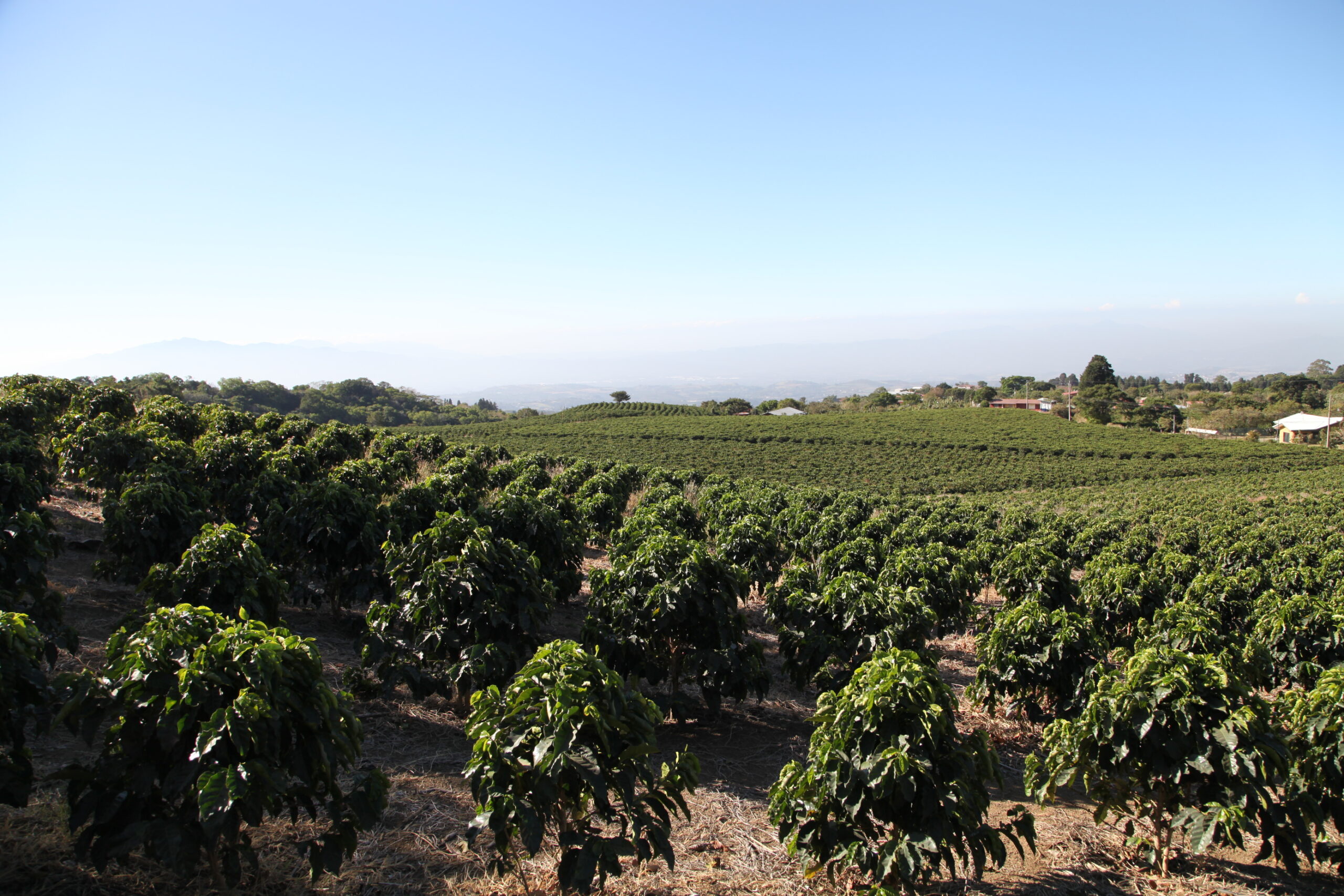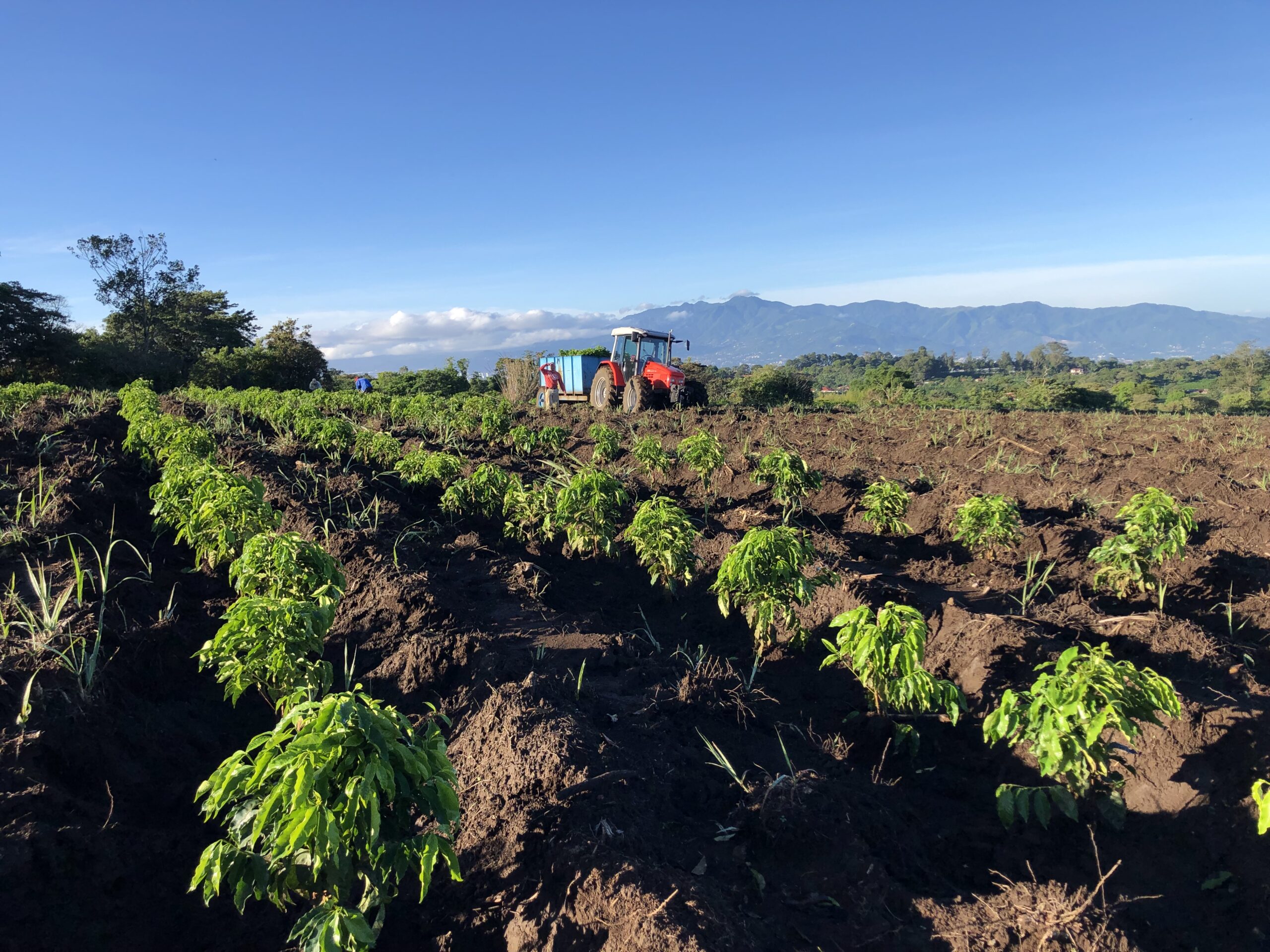Our Coffees
Hacienda Colima, Heredia, Costa Rica
Notas: Peach, Caramelized Pineapple, Honey, Dark Chocolate
Producer
Alejo Castro Kahle
Altitude
1400 - 1500
Environment
Forest
Species
Arabica
Varietal
Caturra
Harvest period
December - February
Harvest Type
Manual
Drying
Patios
Process
Natural
Price
250.00kr – 450.00kr
250 gr
1 Kg Special Price
12% Tax Included
We also accept these payment methods

About
Alejo belongs to a fifth generation of coffee growers. He enjoys experimenting with different varieties and processes, as a result of which he is now able to offer this excellent microlot of natural Caturra produced at his Hacienda Colima farm. For Alejo Castro, the work done on the farm must be carried out with the utmost care, throughout the year, to ensure a quality harvest. It’s all about ensuring that the soil is properly nourished, and protecting the coffee trees from disease, so that the cherries develop to their full potential. When Alejo talks about his processes, he insists: his aim is to naturally develop the strengths of each coffee, like this natural caturra.
Hacienda Colima
Finca Colima is a farm located at the edges of the Brava Volcano. New coffee trees are planted in a very fertile volcanic soil at an altitude of more than 1,200 metres. The soil benefits from a good organic matter and texture that produces a well-balanced coffee with quite a chocolatey profile.
Alejo Castro Kahle
Coffee production began in America in the mid-19th-century. It was at that same time that two pioneering families originally from Europe set up a coffee business, the Spanish Castro-Jimenez family in Costa Rica and the German Kahle family in the Chiapas region of Mexico. Alejo belongs to the fifth generation of the Castro-Kahle family, which has been growing coffee on the slopes of the Poas Volcano in central Costa Rica for more than 100 years. Coffee is not a specialty for the Castro-Kahle clan, but a tradition. They cultivate Caturra, Catuai, Geisha, SL28, Villasarchi, Sarchimor, Obata, San Isidro and Venecia. The family has chosen to conserve some 200 hectares of forest located above their coffee fields in order to preserve the local biodiversity. They have also bought 1,500 hectares of primary forest in the Osa Peninsula in the south of the country. Fauna and flora are sacrosanct in Costa Rica, and according to Alejo it must be what gives the coffee so much flavour. The soils on the slopes of the Poas Volcano are enriched with the volcanic dust that falls after each eruption. Alejo has a real passion for the different coffee varieties and processes, and each year tries his hand at innovating, combining, concocting and refining his coffees just like an alchemist.







